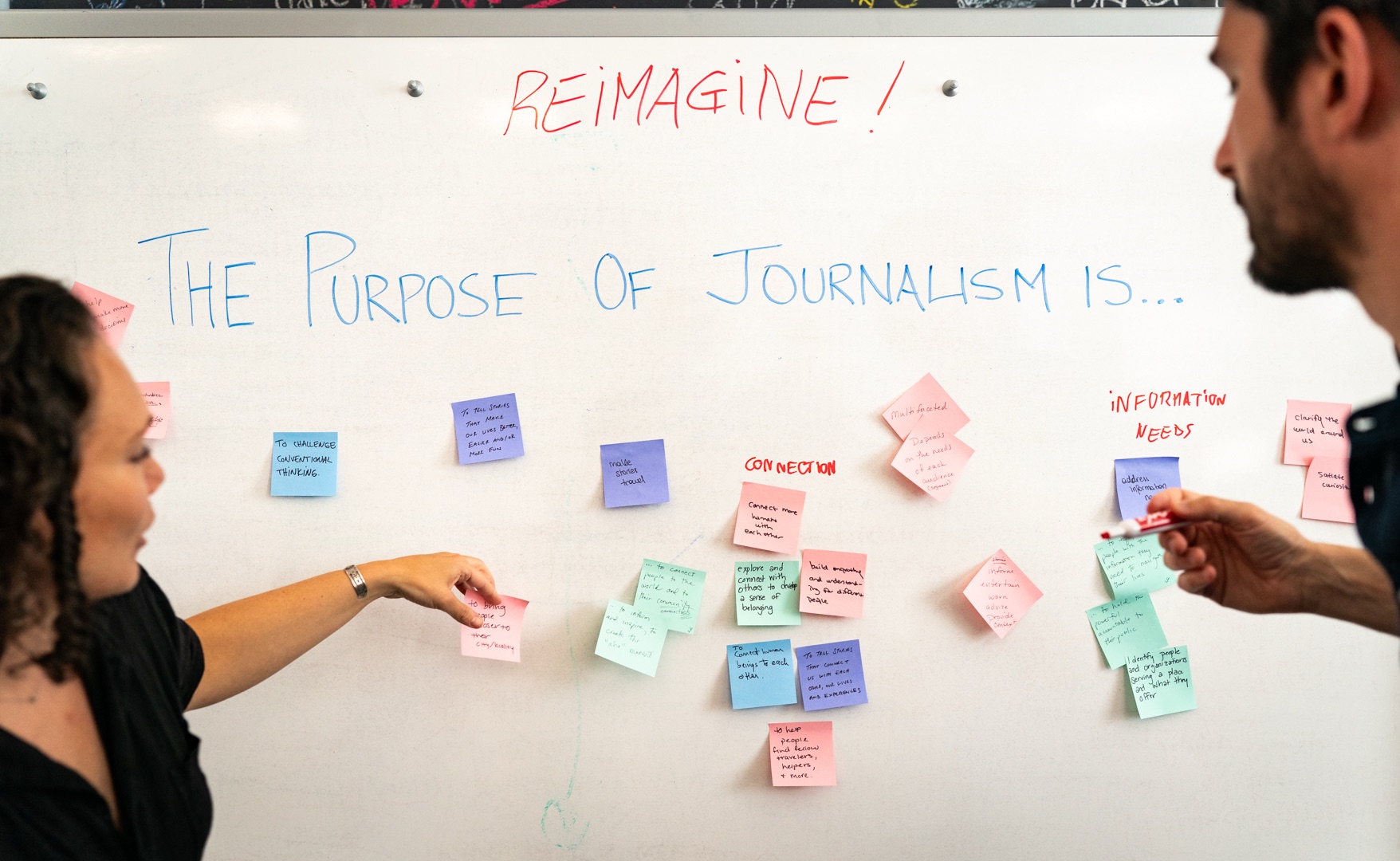At a National Civic Hack Day event in Chicago earlier this month, one thing was clear: a lot of talented developers want to use their skills for a good cause.
The problem is that it's difficult to get all that talent collaborating and working on the right problems. That's why Ryan Briones, who does civic development for the City of Chicago, came up with a new idea he calls the Civic Needs App. With the help of Scott Robbin and Chris Gansen, Briones aims to build an app that connects regular people who have ideas for improving their communities with developers who have the time and skills to build out those ideas.
Briones understands how hard it is for a developer to identify the right civic problems because he's been there himself. He was working at a consulting company when he met Paul Baker and Derek Eder and built his first civic app, Chicago Lobbyists, “an open data, open government, and open source” project that helps users see connections between the City of Chicago and lobbyists and their clients.
From there, he became very interested in civic development, but wasn't sure what to do next.
"There's not always a way to take the excitement and turn it into something useful or something that's going to keep you interested in doing a project," Briones said. That interest is key — these apps ideally include problems that are useful for the community, but also problems that developers find interesting to solve.
Foodborne Chicago, for example, is one of Briones favorite civic apps. It encourages people to file food poisoning reports, and, from a technical perspective, it's interesting because it proactively finds people who might have food poisoning through their tweets and a bit of machine learning.
Now, because he's working for the City of Chicago, Briones sees opportunities everywhere. "I'm more flooded with things to do than I am searching for questions to answer," he said.
That's where the Civic Needs App comes in.
Briones and his team have created a simple form for submitting a civic need and is now working through a "best workflow," or the best way to go from someone proposing an idea, to someone building the idea to, finally, someone seeing a display or library of successfully completed projects.
The proposed solution relies heavily on Github, partly because Briones, Robbin and Gansen don't want to rebuild something that already exists. Contributors will need a Github account, all data will be stored on the site, and when someone raises a civic need, for example, it'll be stored as a Github issue.
The next step in the project’s development is a more friendly interaction layer and perhaps even a project template: a foundation of code upon which different civic apps can be built.
Collaboration and sharing is standard practice in the civic development community (look, for example, at Chicago's Adopt a Sidewalk and Boston's Adopt a Hydrant, which share code), but with the Civic Needs App there will be an easy, standardized way to share code.
That means the Civic Needs App is as much about technology as it is about community. "We want to demystify the process of building an app," Briones said, "and get people who have ideas but who aren't necessarily developers a little more involved in the development process."
This sounds surprisingly similar to the journalistic goal of keeping regular citizens informed and involved. While journalism has historically articulated a community’s issues while civic development has provided practical solutions, “the line between them is blurring,” Robbin said.
“Journalism’s tool belt now includes software that culls facts from massive data sets,” he said, “ and civic developers realize that their software needs to be put in context of a compelling story to be useful.”
Journalists, developers and other people are all trying to solve problems and improve their communities, and the Civic Needs App is one innovative way to do just that.
To learn more or get involved, watch Briones present the Civic Needs App at 1871 in the video, or check out the app’s repo.
About the author





